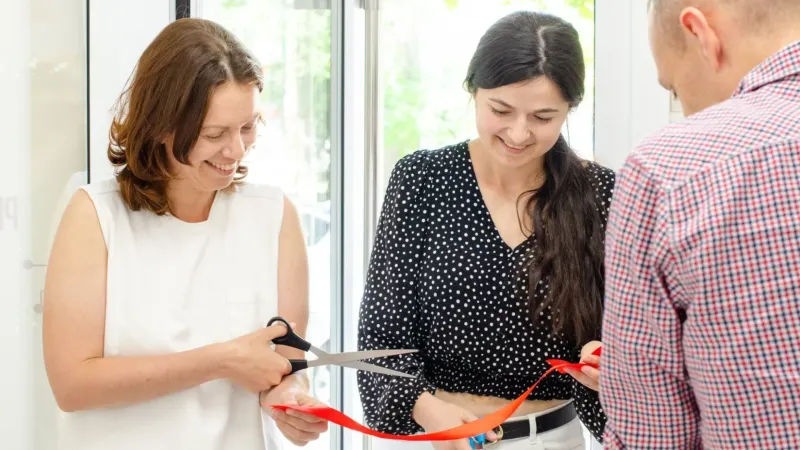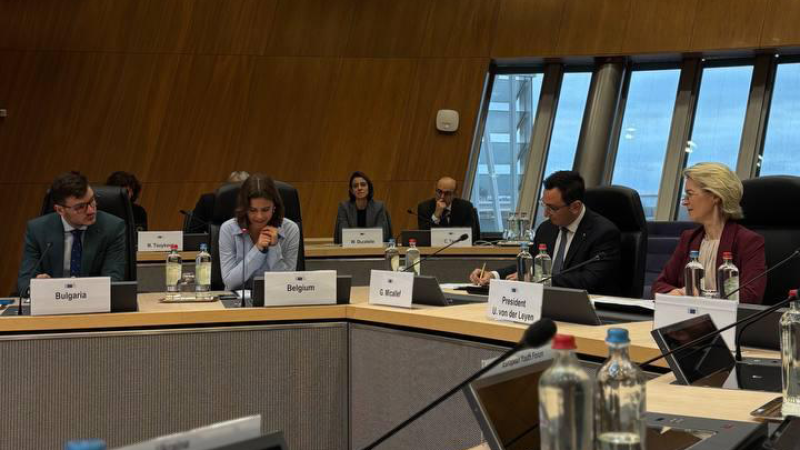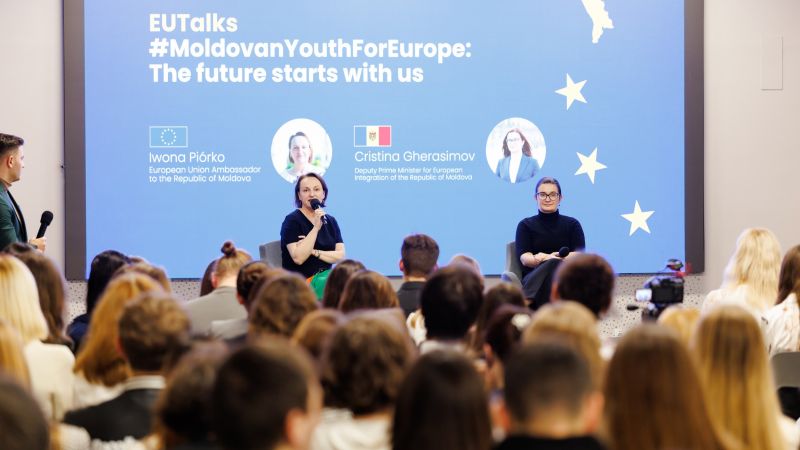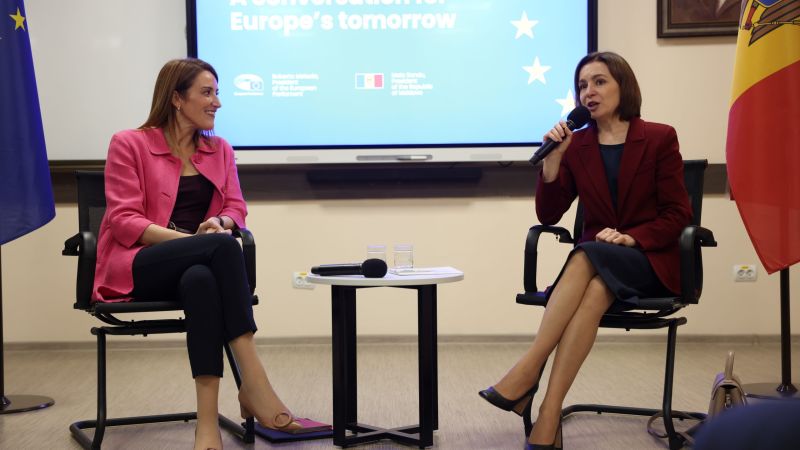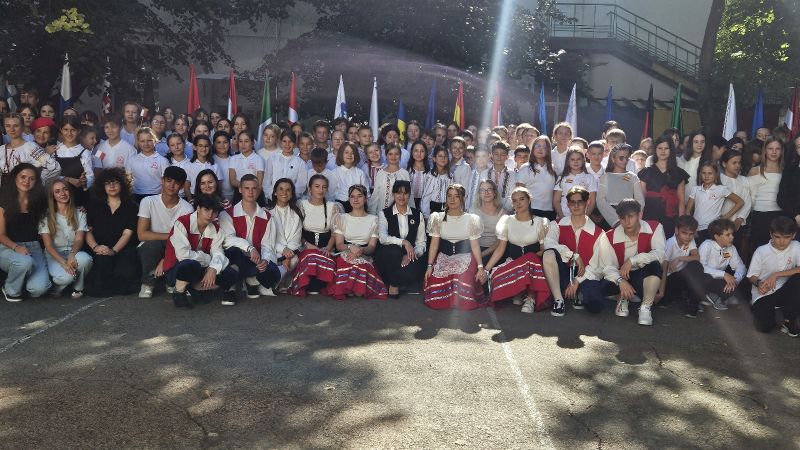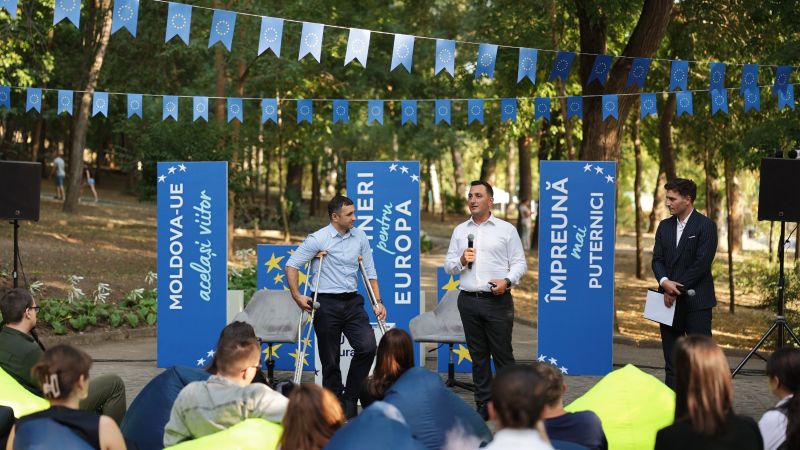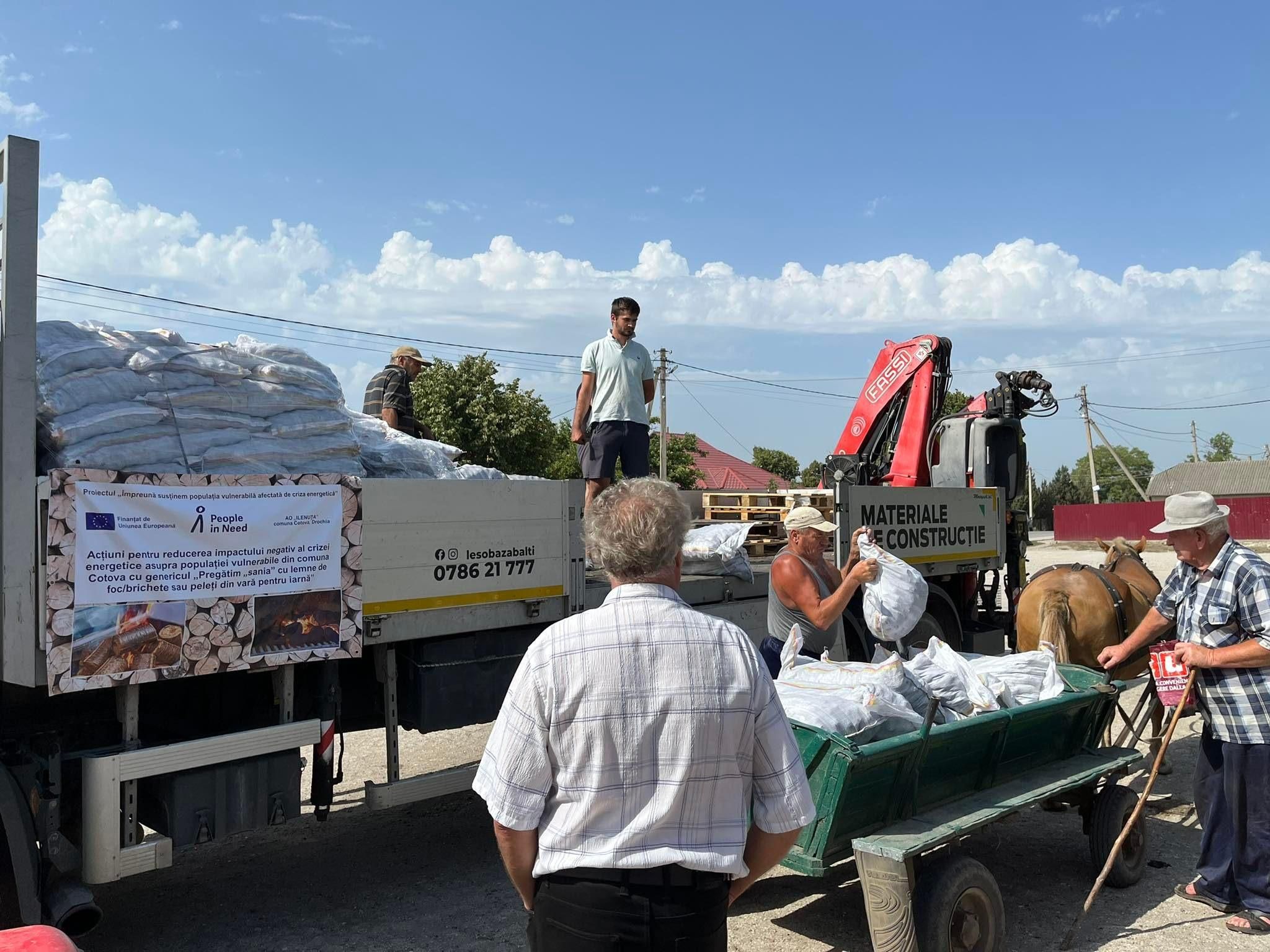
Familiile vulnerabile, ajutate de Uniunea Europeană să treacă mai ușor de criza energetică
Vârstnicii, persoanele cu dizabilități și familiile cu mulți copii sunt printre cele mai afectate de criza energetică, ce a dus la majorarea prețurilor pentru materialele de încălzire, dar și alte produse și servicii de care are nevoie o gospodărie. Familiile cu venituri mici au mai multe griji în această perioadă, în special anticipând sezonul rece 2022-2023, pentru care trebuie să se pregătească.
Datorită proiectului „Împreună susținem populația vulnerabilă afectată de criza energetică”, finanțat de Uniunea Europeană și implementat de People in Need Moldova, familiile vulnerabile sunt ajutate să facă față crizei energetice pentru a nu trece singure prin aceste dificultăți.

La sfârșitul lunii august, 48 de gospodării vulnerabile din comuna Cotova, raionul Drochia, au primit ajutor sub formă de 250 de kilograme de brichete de cărbune, repartizate fiecărei familii. Acest suport esențial este posibil prin implicarea Asociației Obștești „Ilenuța” din aceeași localitate, care a obținut un grant în cadrul proiectului „Împreună susținem populația vulnerabilă afectată de criza energetică”. În total au fost livrate 12 tone de brichete de cărbune, care au ajuns la circa 100 de persoane, inclusiv la vârstnici și persoane cu dizabilități.
Toți cei care au primit acest ajutor s-au arătat foarte mulțumiți, întrucât este de real folos acum, când prețurile cresc și necesitățile de bază trebuie acoperite. Pentru o familie cu venituri mici, faptul că a primit 250 de kilograme de brichete de cărbune ca să se încălzească la iarnă înseamnă o economie mare în bugetul acesteia.
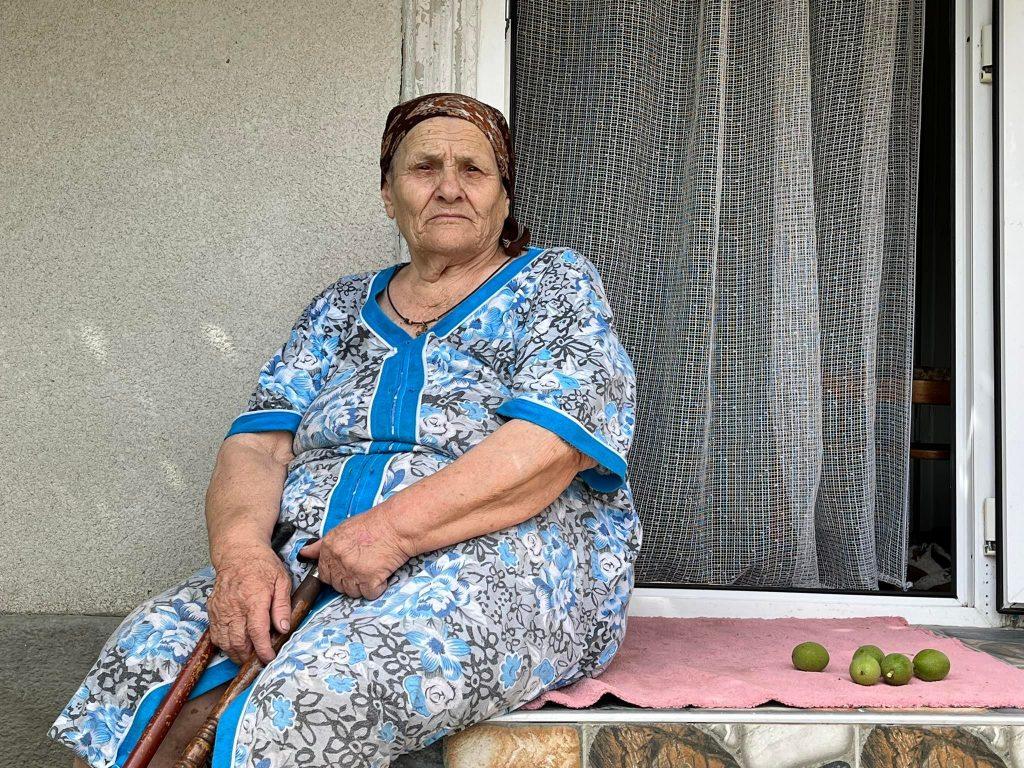
Asociația Obștească „Ilenuța” este una dintre cele 10 organizații neguvernamentale care au primit câte un grant în cadrul acestui proiect, la sfârșitul lunii iunie. Valoarea granturilor variază între 180 de mii de lei și un milion de lei. Toate organizațiile beneficiare de granturi și-au propus să ofere ajutor direct celor mai vulnerabile gospodării din nordul, centrul și sudul țării. O atenție deosebită este acordată familiilor din mediul rural, unde de obicei veniturile sunt foarte mici, inclusiv în cazul familiilor care nu primesc ajutor social, dar care după starea din gospodărie ar avea nevoie de susținere suplimentară.
Ajutorul oferit de Uniunea Europeană prin intermediul acestui proiect și grație implicării organizațiilor neguvernamentale locale, beneficiare de granturi, este variat și corespunde necesităților identificate la nivelul comunităților. Până la sfârșitul lunii februarie 2023, gospodăriile vulnerabile vor primi donații de materiale de încălzire, suport material, acces la servicii sociale pentru persoanele dezavantajate și consultații juridice pentru populația în vârstă.

